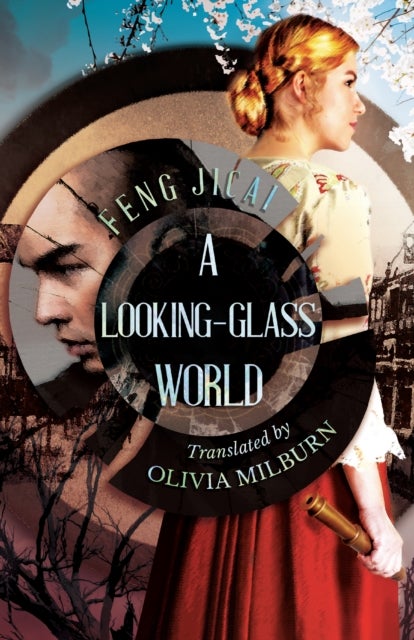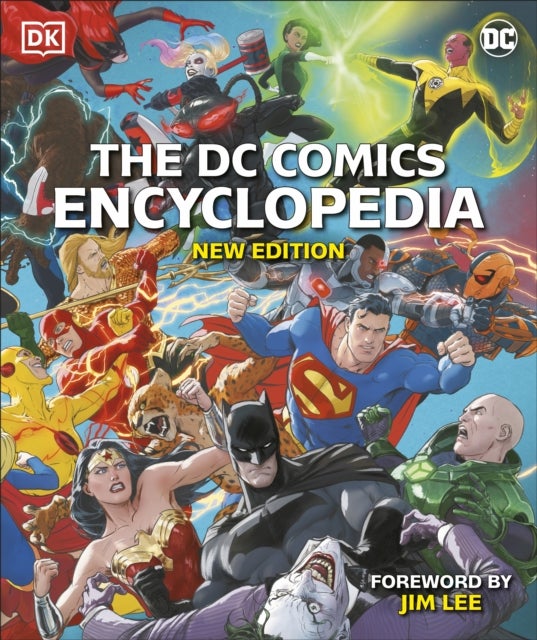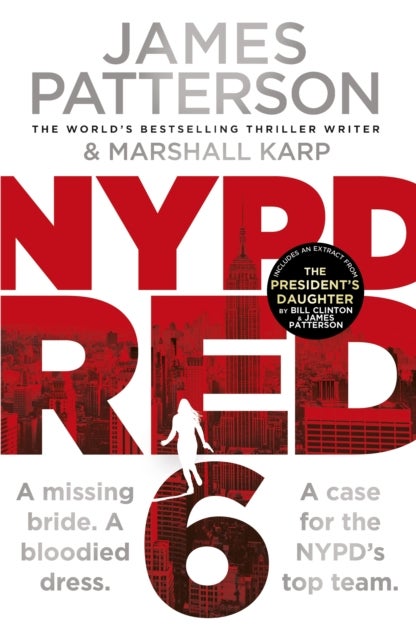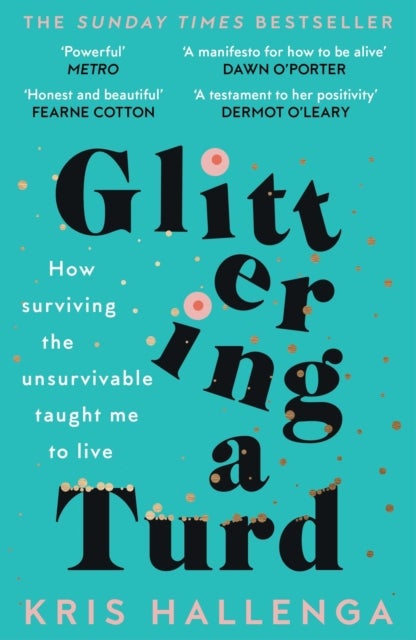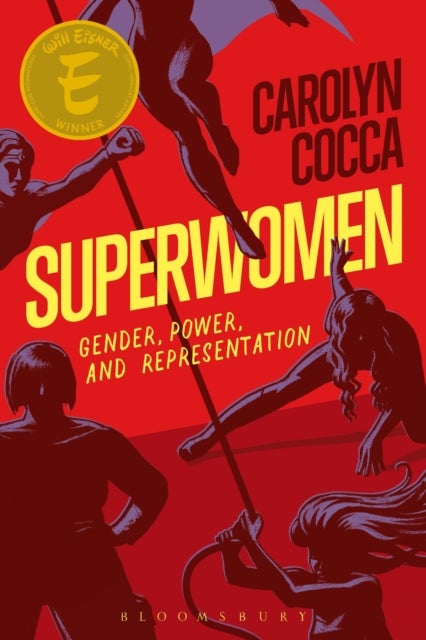
Superwomen av Professor Carolyn (State University of New York College at Old Westbury USA) Cocca
399,-
<b>Winner of the 2017 Eisner Award in the Best Academic/Scholarly Work category</b><b>2017 Prose Awards Honorable Mention, Media & Cultural Studies</b>Over the last 75 years, superheroes have been portrayed most often as male, heterosexual, white, and able-bodied. Today, a time when many of these characters are billion-dollar global commodities, there are more female superheroes, more queer superheroes, more superheroes of color, and more disabled superheroes--but not many more. <i>Superwomen</i> investigates how and why female superhero characters have become more numerous but are still not-at-all close to parity with their male counterparts; how and why they have become a flashpoint for struggles over gender, sexuality, race, and disability; what has changed over time and why in terms of how these characters have been written, drawn, marketed, purchased, read, and reacted to; and how and why representations of superheroes matter, particularly to historically underrepresented and ster

